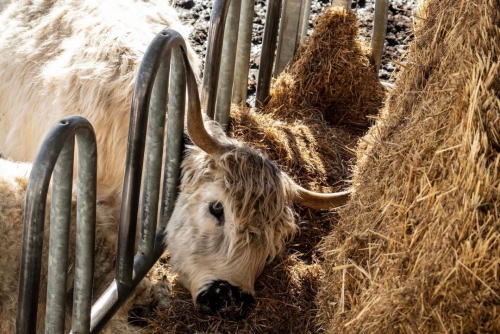Licence must for private veterinary quarantine facilities: minister
TDT | Manama
Email: mail@newsofbahrain.com
Private operators in Bahrain must obtain prior approval before establishing veterinary quarantine facilities, Minister of Municipalities and Agriculture, Wael Mubarak, has warned. These facilities must meet strict environmental and health standards, and failure to comply could result in severe penalties, including the cancellation of operating licenses.
According to the new decree, these facilities will be regulated under Law No. 8 of 2003, which governs veterinary quarantine systems across Gulf Cooperation Council (GCC) countries, and must adhere to all quarantine procedures specified in the law and its executive regulations.
Facilities must be located near approved entry points to the Kingdom, away from residential areas, and be secured by a fence. They must be at least 100 meters from livestock enclosures. Essential infrastructure includes animal housing, isolation pens for infected animals, a veterinary clinic, a necropsy room, feed storage, and access to potable water and electricity. Additionally, there must be administrative offices, worker accommodations, and facilities for waste and deceased animals.
A key requirement of the decree is the implementation of an electronic system for record-keeping. This system will track all incoming and outgoing animal shipments, quarantine procedures, and any health issues or mortalities. Each facility must also employ a licensed veterinarian and veterinary technicians.
To obtain a license, applicants must submit a request form and fee to the relevant authority. Additional licensing requirements must be completed within a set timeframe based on the facility type and size. In case of rejection, applicants can appeal to the minister within thirty days and, if dismissed, can challenge the decision in court.
For facilities handling animals for export or re-export, approval is required for issuing veterinary health certificates, with necessary examinations and vaccinations conducted under the supervision of a licensed veterinarian according to the importing country’s requirements. Non-compliance with the regulations can lead to penalties, including warnings, temporary closure for up to three months, or revocation of the operating license.
Related Posts

